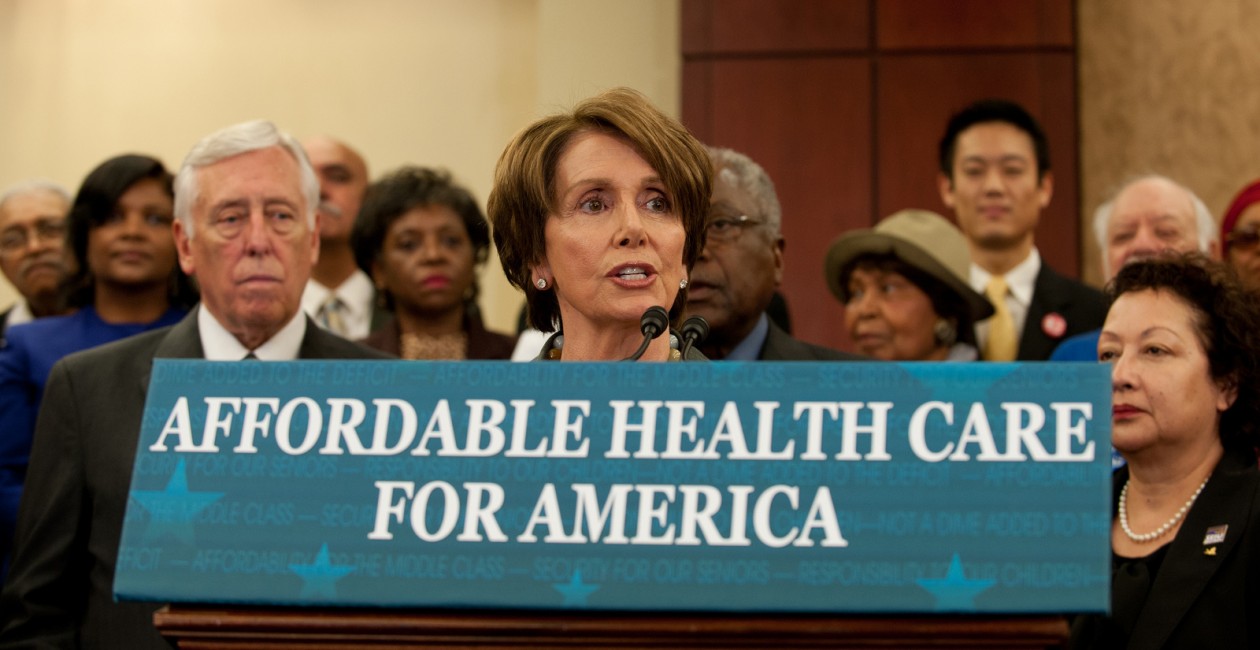ObamaCare's dynamic analysis didn't happen until after the fact. But if the bombshell that the law would cut the equivalent of 2.5 million full-time workers had dropped during the legislative debate, it would have been an eye-opener, to say the least.
House Republicans now are instructing the Congressional Budget Office and the tax-bill scoring Joint Committee on Taxation to dynamically score major legislation. ObamaCare offers a window into why it is important.
Critics on the left warn that Republicans could appoint a hack to lead the budget office to rig the process in favor of tax cuts.
Yet CBO's February 2014 analysis of ObamaCare labor market effects — issued under Douglas Elmendorf, hand-picked by Democrats to lead the agency — shows that there's no need for the GOP to rig the numbers. It underscores the powerful effect that tax incentives can have on individual behavior, the economy and the budget.
Traditionally, the official scoring of a bill has been mostly static because it doesn't take into account how the economy will change. Some behavioral shifts were part of the CBO and JCT score of the Affordable Care Act, such as whether employers would stop offering coverage and lead more people to buy insurance on the exchanges.
'Implicit Tax' On More Work
But less direct — dynamic — economic effects, like whether an individual will work less so as to qualify for ACA subsidies, were omitted from the official price tag. Subsidies rise as income falls and decline as income rises. So they make work "less attractive" by "creating an implicit tax on additional earnings," CBO said.Read the rest of the story HERE.
If you like what you see, please "Like" us on Facebook either here or here. Please follow us on Twitter here.






No comments:
Post a Comment